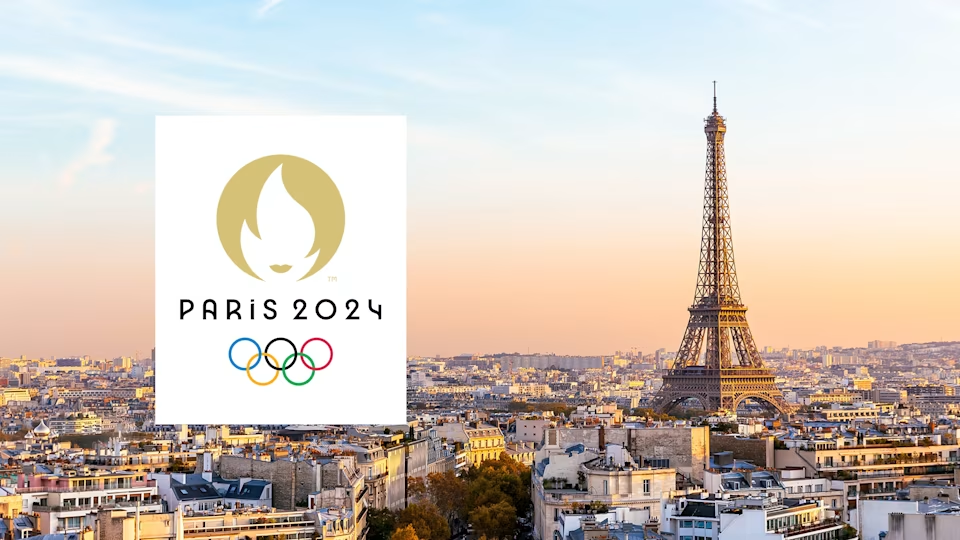No products in the cart.

Queer Olympians Pave the Way for Inclusivity: The Significance of Representation in Sports
The 2024 Paris Olympics will be historic in terms of the huge number of openly LGBTQ+ athletes competing at the world level. In an early analysis, OutSports said at least 155 out LGBTQ+ athletes from 25 countries would participate in this year’s Summer Games—the largest on record since that of 186 who competed during the Tokyo Olympics in 2021.
It will be the biggest expression of queerness in athletics history, proof of just how far sports and society have progressed, with more athletes living authentically, living proudly. Visible role models in sports can make all the difference for members of the LGBTQ+ community.
“Nobody has to hide who they are,” said Jérémy Goupille, one of the organizers of the Paris Pride House, which during the Games will act as a safe space for LGBTQ+ supporters and competitors. It especially highlights this commandment: if possible, an athlete should have the ability to work in an environment where he is not afraid or criticized because of his sport.
It’s not just about the personal athlete, either. The importance of queer representation comes into very clear focus at the Olympics. Just looking at LGBTQ+ athletes standing atop the podium inspires millions of people globally. Indeed, if “Team LGBTQ+” were a country, it would place 7th overall in the all-time Olympic medal count.
One of them is American sprinter Sha’Carri Richardson, who shot into the headlines through her unique style and openness about her bisexuality. Having become stronger after facing every obstacle thrown her way, Richardson snatched the 100-meter title at the 2023 World Championships and declared, “I’m not back; I’m better.”
Richardson’s story is an epitome of how queer athletes are changing the meaning of being a champion. Embracing one’s identity and utilizing the platform in advocating for the rights of LGBTQ+ citizens—these athletes are breaking stereotypes and challenging assumptions that sports only belong to straight people, cisgender individuals.
This path to complete integration into sporting events, however, won’t prove to be an easy ride. The participation of transgender individuals has recently taken center stage at the Olympics, with some sports banning them from competing in the female category. Yes, the IOC released the new guidelines for trans athletes, but the actual decision is left to the international federation of each sport.
Despite that, the Paris Olympics will be an enormous step forward for LGBTQ+ representation in sports. Breaking, sport climbing, skateboarding, and surfing are all new sports that aim to set the bar on events with balanced genders, marking what can only be perceived as a very positive improvement by the IOC toward greater diversity and inclusion.
With the Paris Olympics drawing worldwide attention, it’s clear that queer athletes will be leading at the front. On and off the field, their achievements will go on to inspire generations of people for years to come, leading to an increasingly more inclusive, fair future in sports.



POST COMMENT